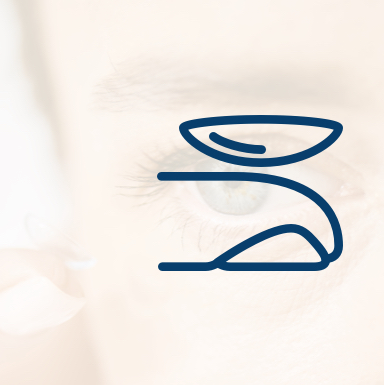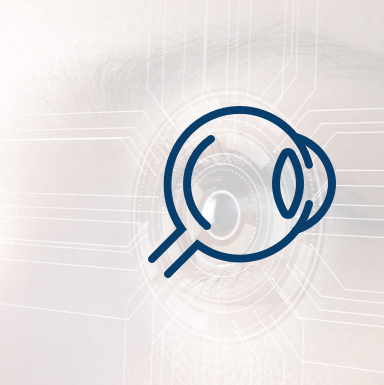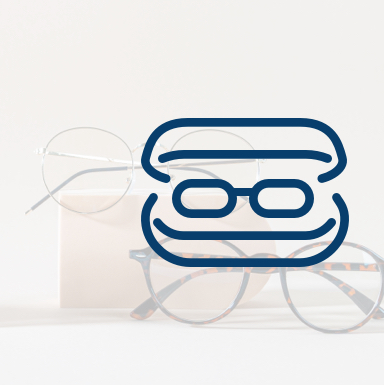Find Lasting Relief for Scratchy, Red, Dry Eyes
Dry eyes are uncomfortable, irritating, and can disrupt your daily life. Chronic dryness can also increase your risk of eye infections, inflammation, and even vision loss.
At Dr. David Oliphant Optometry, we provide comprehensive dry eye diagnoses and a range of dry eye therapies to help provide you with effective long-term comfort. We can get to the root of your problem so you can experience relief.
If you’re experiencing dry eye symptoms, book an eye exam.
Common Dry Eye Symptoms
Dry eye disease comes with many irritating symptoms, including:
- Stinging, gritty, scratchy eyes
- Fluctuating vision
- Blurred vision
- Sensitivity to light
- Eye redness
- Difficulty wearing contact lenses
- Burning sensation
- A feeling of something in the eye
- Excessive watery eyes
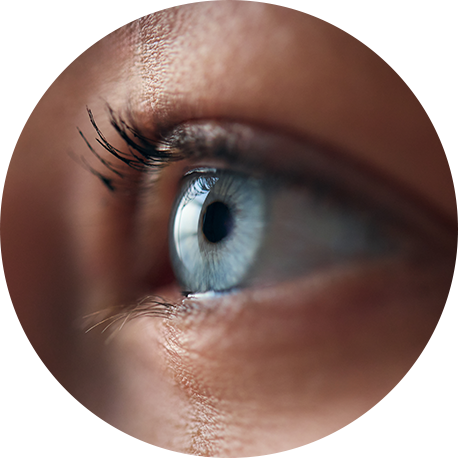

Dry Eye Treatments
There is no one-size-fits-all solution to dry eye. Treatment depends on the cause of this condition, so it’s essential to have your optometrist evaluate your eyes so your treatment can be effective.
At Dr. David Oliphant Optometry, we can provide several treatment options, including:
- Preservative-free eye drops: These drops are designed to help reduce eye inflammation.
- Theoloz Duo: These eye drops combine antioxidants and hydration to protect and soothe your eyes.
- Blephaclean: Eyelid cleaning wipes designed to unblock clogged tear glands.
- Blephagel: An eyelid cleansing gel designed to cool and hydrate your eyes while softening clogged glands.
- Bruder Mask: An eye mask that delivers gentle warmth to your eyelids.
- BIHOCL: A topical disinfectant designed to reduce symptoms associated with blepharitis.
What Causes Dry Eye?
Dry eye is caused by a disruption in the tear film. The tear film covers the surface of the eye and is responsible for lubricating, nourishing, and protecting the cornea. It also helps focus light so you can see clearly.
Your tear film is made of 3 layers:
- The inner mucus (mucin) layer adheres the tear to the eye.
- The middle watery (aqueous) layer hydrates the eye, repels bacteria, and protects the cornea.
- The outer oily (lipid) layer keeps the surface smooth and prevents the other layers from evaporating.
If any of these 3 layers are lacking, your tear film becomes compromised, and you can develop dry eye.

Types of Dry Eye: Getting to the Root Cause of Your Symptoms
There are multiple potential reasons why your tear film might be disrupted. It could be due to your contact lenses not fitting quite right, something in your environment, or even side effects from medication.
All these factors can interrupt tear film quality in some way, leading to dry eyes either by making tears evaporate too quickly or by preventing the production of enough tears.
Decreased Tear Production
Aqueous deficient dry eye is when your eyes don’t produce enough tears. This condition is called and can be caused by:
- Aging
- Excessive dehydration
- Medical conditions like Sjogren’s syndrome, lupus, & rheumatoid arthritis
- Medications with ocular side effects, like antihistamines, hormone replacement therapy, & antidepressants
- Long-term contact lens use resulting in corneal nerve sensitivity
- Nerve damage caused by laser eye surgery (usually temporary)
Increased Tear Evaporation
The meibomian glands (tiny glands in your eyelids) create an oily layer to keep the tear film from evaporating too fast. When these glands get blocked, it can lead to evaporative dry eye. Various factors can cause this condition:
- Rosacea & skin conditions
- Certain eye conditions (blepharitis, meibomian gland dysfunction)
- Eyelid disorders, like when the lids turn outward (ectropion) or inward (entropion)
- Eye allergies or dry/smokey environments
- Eye drops with preservatives
- Vitamin A deficiency
Book Your Dry Eye Appointment Today
We understand how frustrating dry eyes can be, interrupting your busy life and routine.
Dr. David Oliphant Optometry offers dry eye treatments to help effectively alleviate symptoms and get you back to enjoying your life to the fullest.
Don’t let dry eye hold you back any longer. Schedule an appointment today to discuss personalized treatment options and regain control of your eye health.
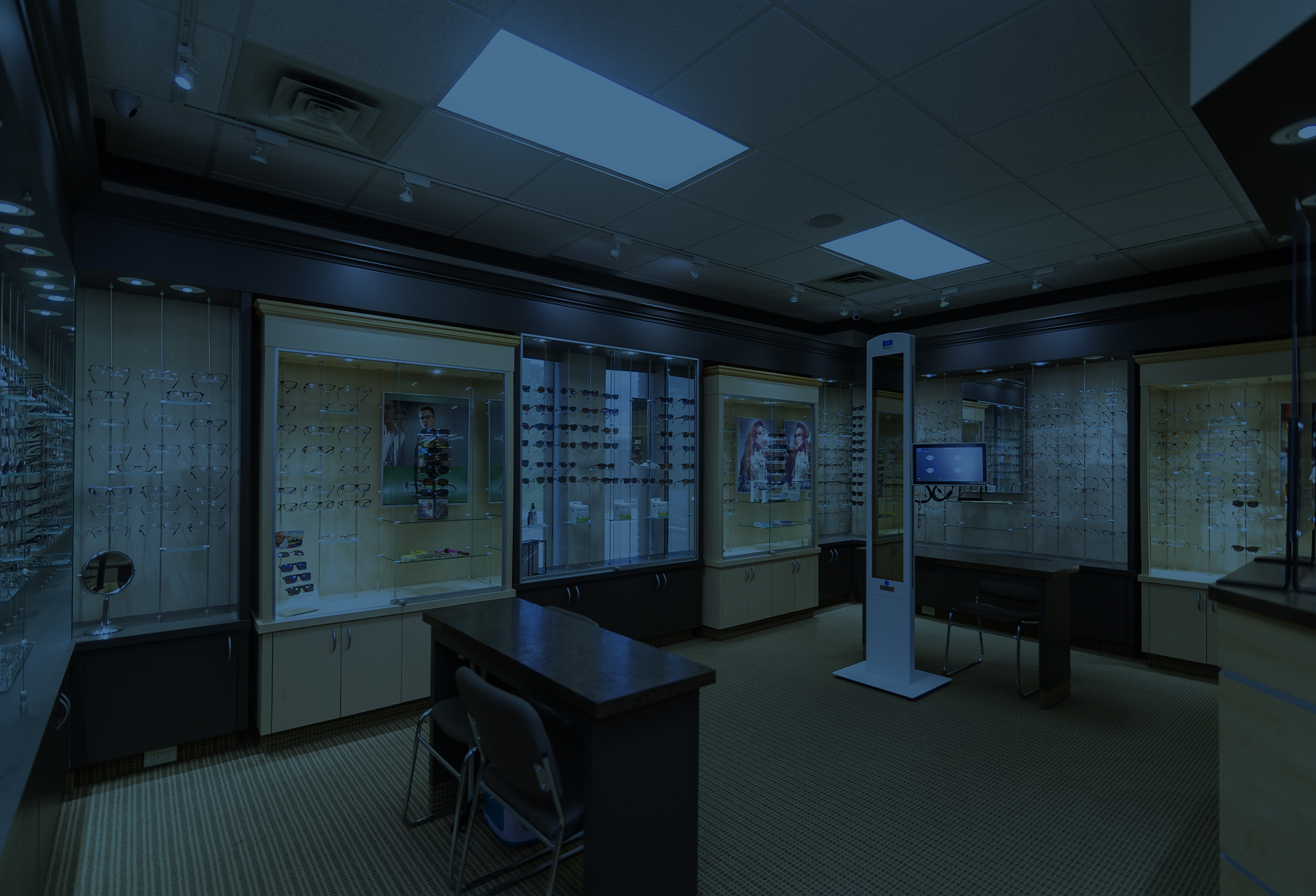
Come Visit Us
Our practice is located on the corner of Grand Avenue East and Woodland Avenue.
We have a large parking lot off Woodland Avenue with accessible parking and entrance.
Our Address
- 412 Grand Avenue East
- Chatham, Ontario N7L 1X1
Contact Information
- Phone: 519-354-5870
- Email: info@droliphant.ca
Hours of Operation

Our Brands








